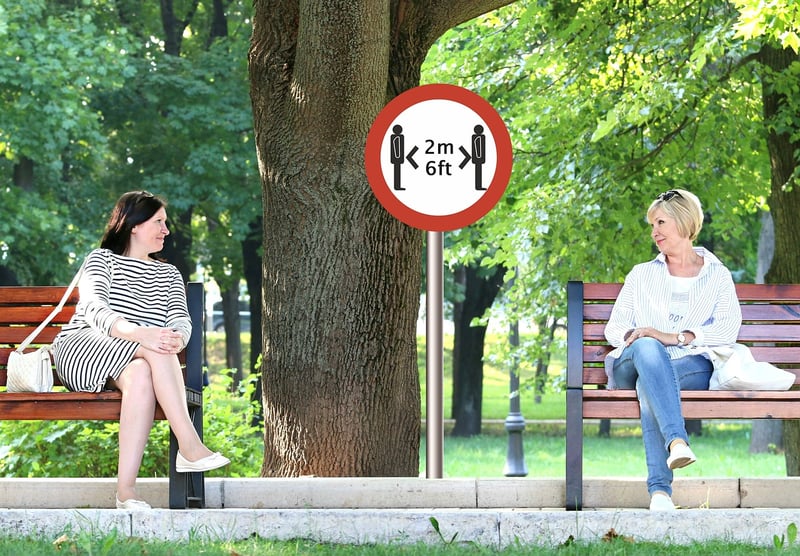Safety Guidelines
Answers to Common Queries + Safety Guidelines
Common Queries
Here are answers to some common queries:
1. What are the best practices for staying safe online?
Staying safe online involves using strong, unique passwords for each account, being cautious about sharing personal information, and being wary of suspicious links or emails.
2. How can I protect my personal information online?
To protect your personal information online, make sure to use secure websites for transactions, avoid oversharing on social media, and regularly review your privacy settings.
3. What should I do if I encounter cyberbullying?
If you encounter cyberbullying, it's important to save evidence, block the bully, and report the behavior to the appropriate platform or authority.
Safety Guidelines
Follow these safety guidelines to protect yourself online:
- Use strong and unique passwords for all your accounts.
- Avoid clicking on suspicious links or downloading attachments from unknown sources.
- Keep your software and antivirus programs up to date.
- Be cautious about sharing personal information online.
- Enable two-factor authentication whenever possible.
- Regularly review your privacy settings on social media platforms.
- Educate yourself about common online scams and phishing techniques.
- Teach children about online safety and monitor their online activities.
- If you encounter any suspicious or harmful behavior online, report it to the relevant authorities.

By following these guidelines and staying informed about online safety practices, you can reduce the risks associated with using the internet and enjoy a safer online experience.
Remember, being proactive and cautious online is key to protecting yourself and your personal information in the digital age.
